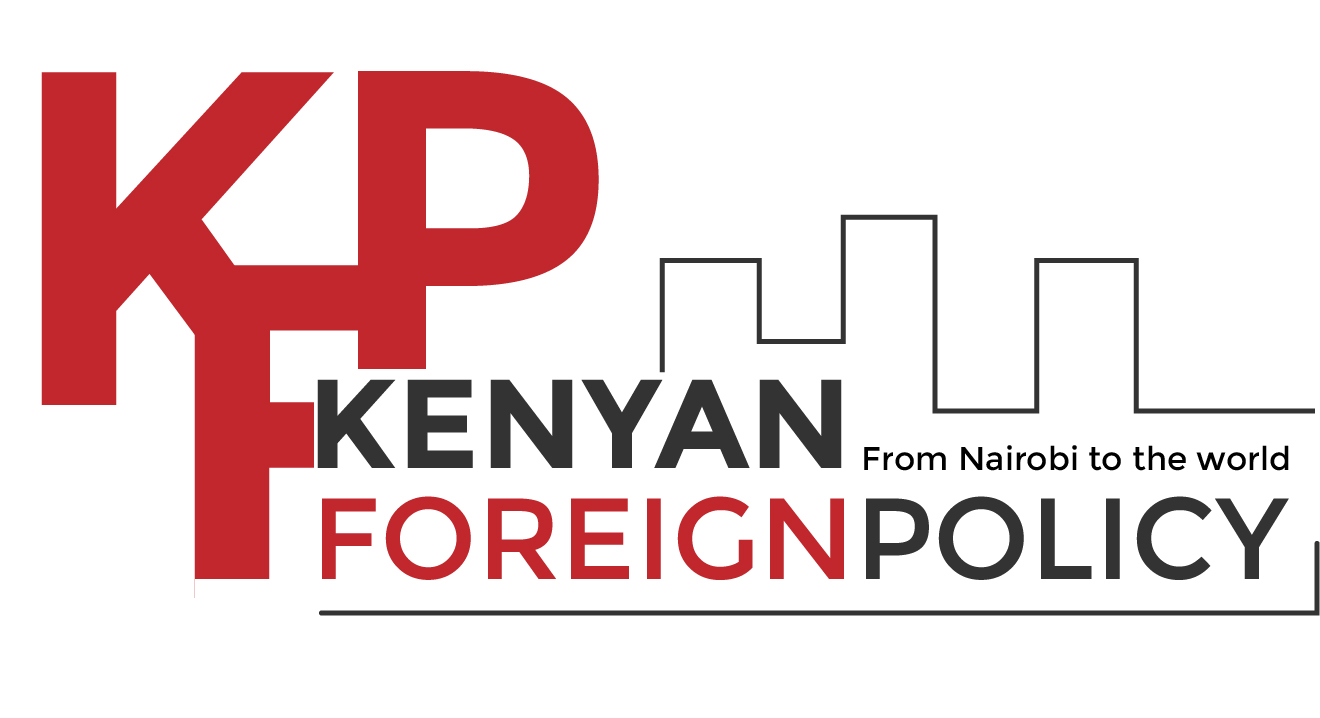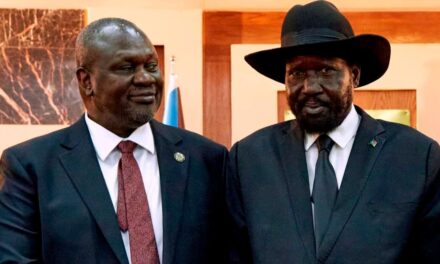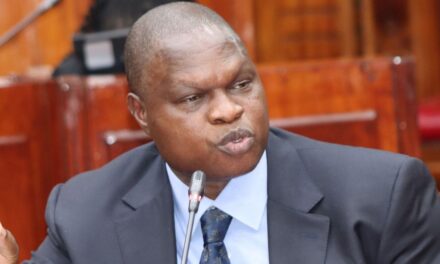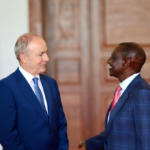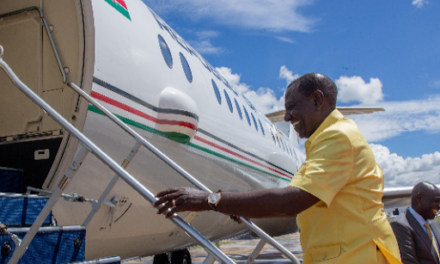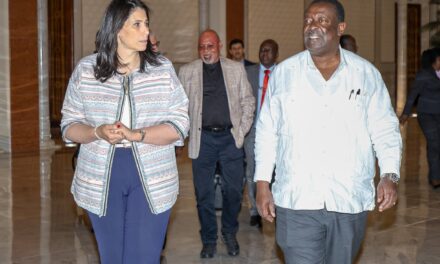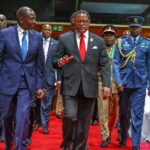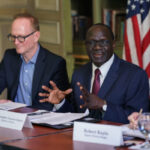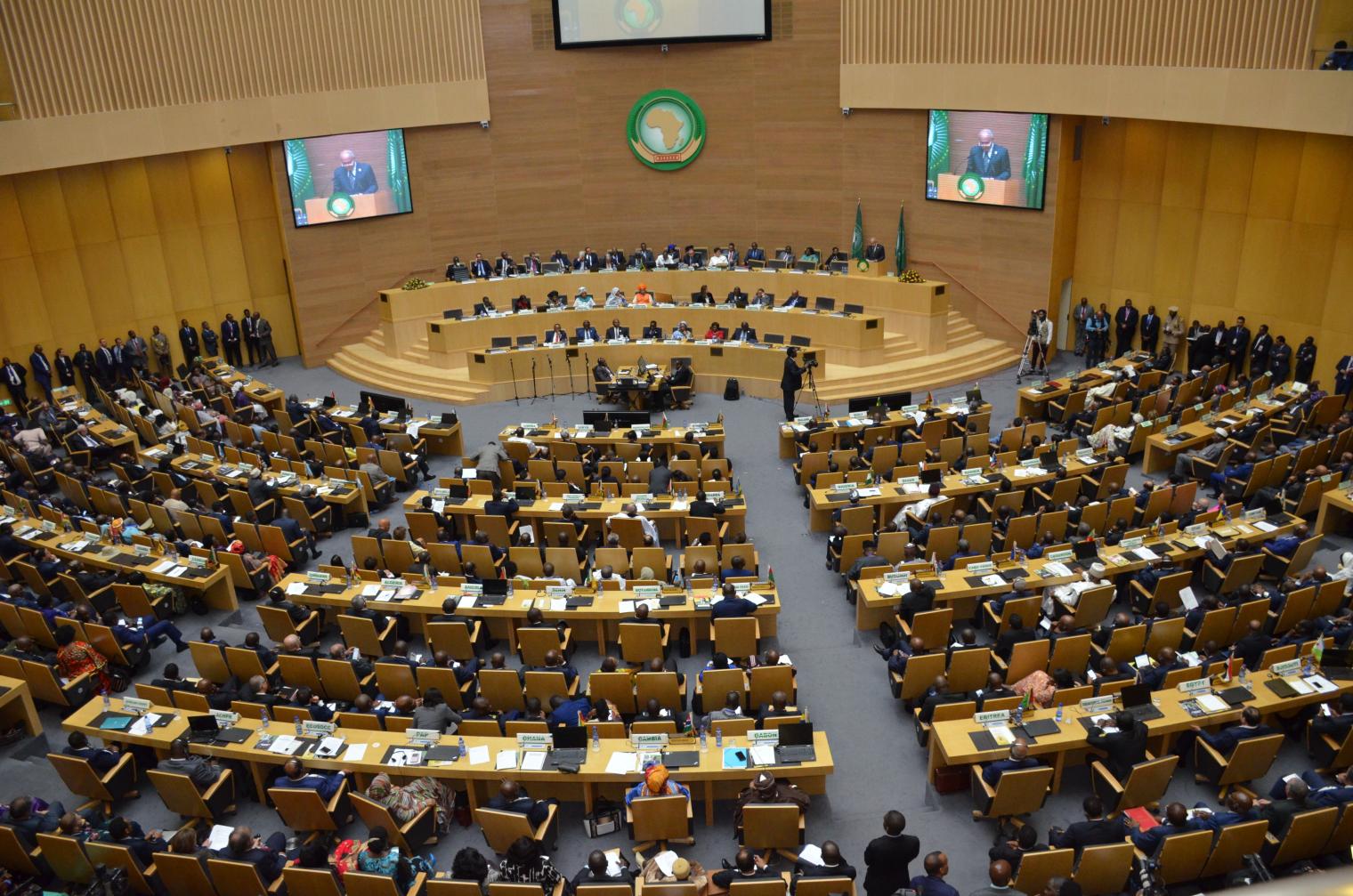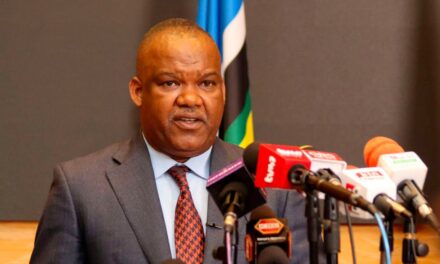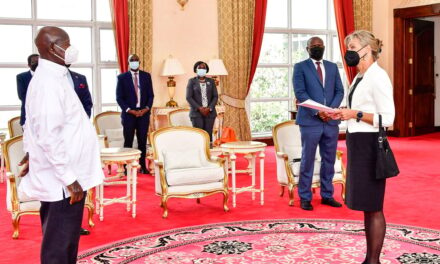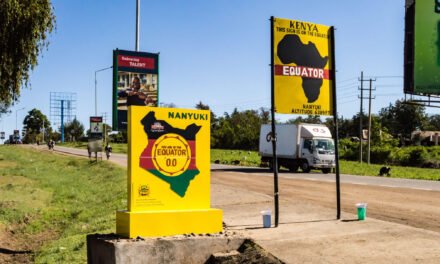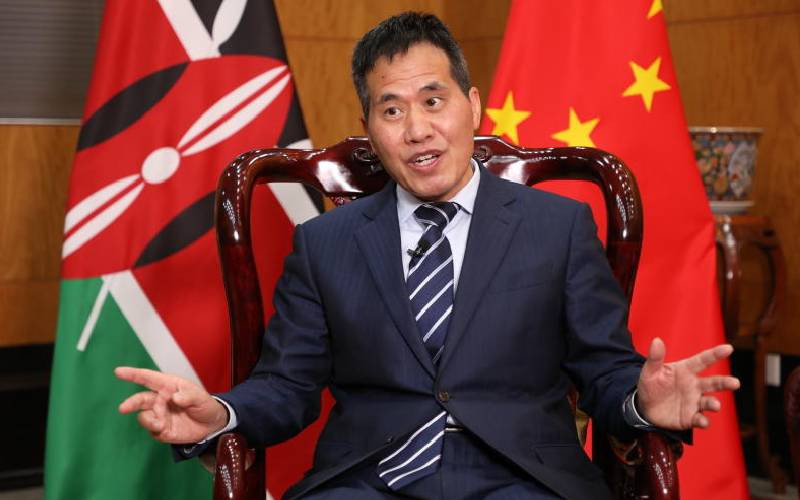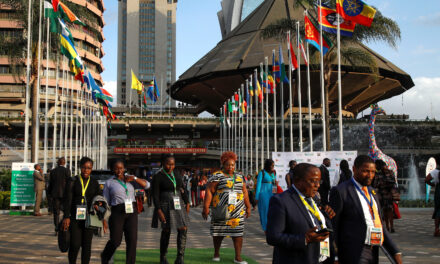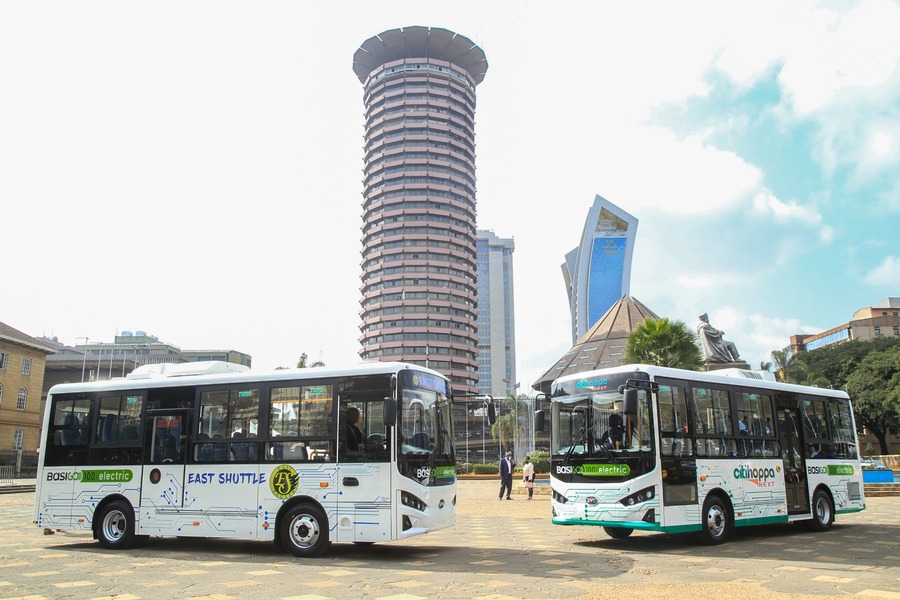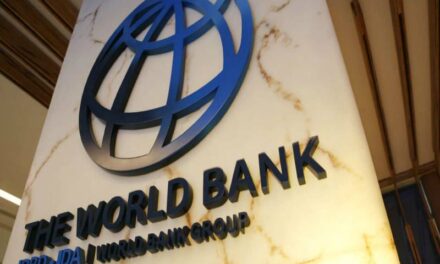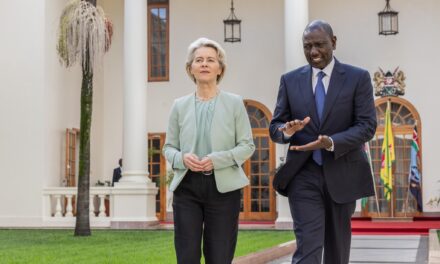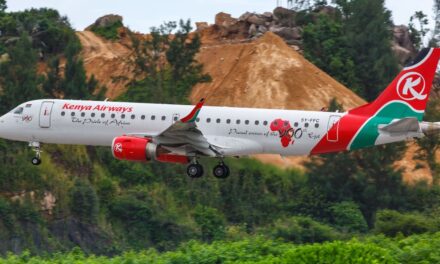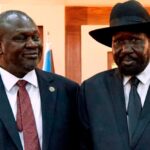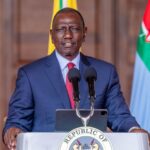
Kenya Takes Center Stage as Africa’s Trade Hub, to Host 54 Trade Ministers
Posted by KFP Editor | Jul 4, 2023 | TRADE - AfCFTA


Nairobi, in a remarkable display of confidence, is once again poised to host a high-level gathering of trade ministers from across Africa.
According to the Kenyan Ministry of Trade, this event reaffirms Nairobi’s standing as the preferred destination for crucial discussions on trade and investment within the continent.
With the African Continental Free Trade Area (AfCFTA) as the backdrop, the two-day meeting promises to set the stage for a new era of economic collaboration and prosperity.
Kenya eagerly prepares to welcome 54 trade ministers, representing nations from every corner of Africa.
This gathering marks the second such meeting within just over a month, a testament to Nairobi’s growing prominence as a hub for Africa’s trade and investment conversation.
The Kenyan Minister of Investments, Trade, and Industry Moses Kuria, along with the Secretary-General of AfCFTA Wamkele Mene, will host the pivotal event.
The African Continental Free Trade Area, one of the most ambitious economic agreements in recent history, seeks to foster a unified and integrated African market.
With the elimination of trade barriers and the facilitation of seamless commerce, AfCFTA aims to unlock the vast potential of Africa’s economies.
This meeting of trade ministers serves as a critical platform to deliberate on key strategies, policies, and frameworks that will propel the continent’s economic growth.
Kenya’s selection as the host country underscores its recognized role as a regional powerhouse and a gateway to the African market.
With a robust and diversified economy, Kenya has long been regarded as an economic leader in East Africa.
Its strategic location, stable political environment, and supportive infrastructure make it an attractive destination for trade and investment.
However, amidst the excitement, it is also essential to acknowledge the challenges and obstacles that lie ahead. The path to a fully integrated African market is not without complexities.
Trade imbalances, infrastructure gaps, and varying levels of development across nations necessitate careful deliberation and comprehensive strategies.
It will be crucial for the participating trade ministers to engage in open dialogue, address concerns, and work toward inclusive and equitable growth.
COMMON CURRENCY
Kenyan President William Ruto has emphasized the importance of fostering economic integration and reducing dependence on foreign currencies.

While in Djibouti last month, Ruto cited the need to empower African economies by promoting trade using local currencies, a move that could bolster regional financial stability and enhance economic independence.
“Traders from Djibouti selling to Kenya and vice versa have to look for US dollars. How is US dollars part of the trade between Djibouti and Kenya? Why?” President Ruto stated emphatically. “And we are saying, Afrexim bank has given us a mechanism where traders in our continent can trade in their goods and services and the bank will settle payment in local currencies.” Said the Kenyan leader
Ruto added, that Kenya is championing the Pan-African payment and settlement system that is done by African institutions.
“Why members? Why is it necessary for us to buy things from Djibouti and pay in dollars? Why? There is no reason,” said Ruto.
He clarified that he wasn’t against the US dollar.
“We just want to trade much more freely. Let us use dollars when paying for what we are buying from the US. What we are buying from Djibouti. Let’s use the local currency,”
The proposition to utilize local currencies in intra-African trade comes as part of a broader movement within the continent to establish a self-sustaining economic ecosystem. It seeks to capitalize on the African Union’s Agenda 2063, which advocates for comprehensive socio-economic transformation across Africa.
Your support empowers us to deliver quality global journalism. Whether big or small, every contribution is valuable to our mission and readers.
